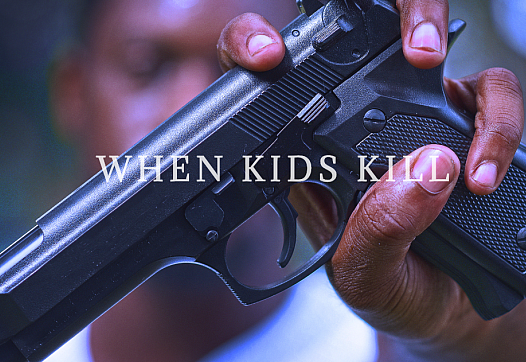
“Everyone from my community has to go to prison," one Jacksonville inmate wrote. "It is the way it is. It is a way of life for us. We didn't know anything else.”

“Everyone from my community has to go to prison," one Jacksonville inmate wrote. "It is the way it is. It is a way of life for us. We didn't know anything else.”
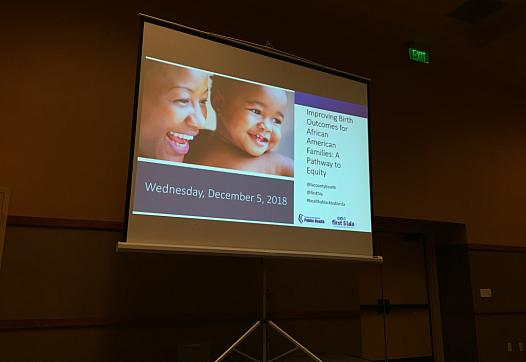
This project received support from the Center for Health Journalism's California Fellowship and its Fund for Journalism on Child Well-being....
This article and others forthcoming on this topic are being produced as part of a project for the University of Southern California Center for Health Journalism’s National Fellowship, in conjunction with the USC Annenberg School for Communication and Journalism.
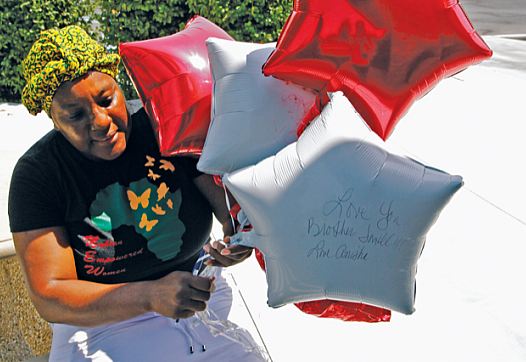
In the final moments of Jontell Reedom's life, viewers see him jogging away from the officers. Moments later, officers would fire eight rounds into him, killing him.
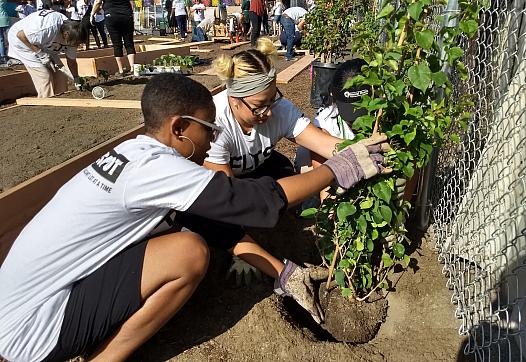
Recent research suggests gardens and green spaces have a positive effect on nearby residents' mental health. L.A. County is embracing the strategy in Watts.
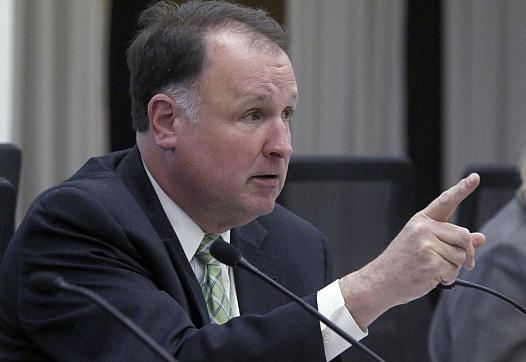
A Virginia state senator voices impatience with the work of a commission he launched, which has secured mental health reforms but has not yet led to the wholesale change envisioned.
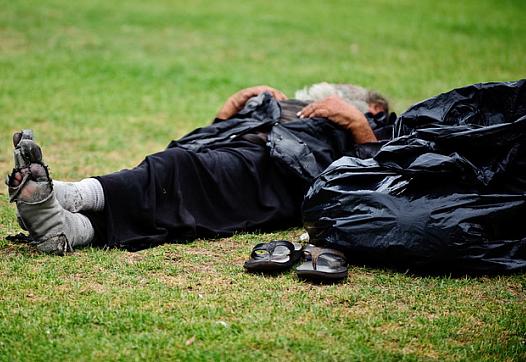
The bond money for Proposition 2 will be financed by funds from the Mental Health Services Act, which has been mired in controversy and ineffectiveness since its passage in 2004.
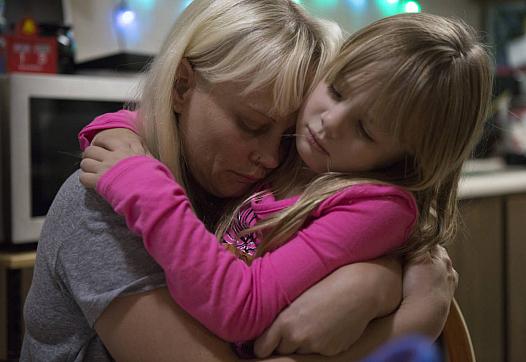
Reporter Laura Klivans followed Sabrina Hanes through her daily routine in Paradise last summer, to learn how she’s developed resilience. She caught up with Hanes after the fire to find out what happens next.
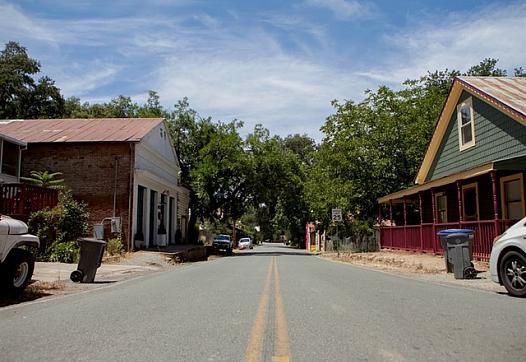
CapRadio’s health reporter Sammy Caiola spent six months exploring the reasons behind the high suicide rate in rural Amador County. She shares how community engagement aided her reporting.

In light of the November 7 mass shooting in Thousand Oaks, California, the Center for Health Journalism is sharing some past reporting and resources for reporters who find themselves covering tragedies such as this.